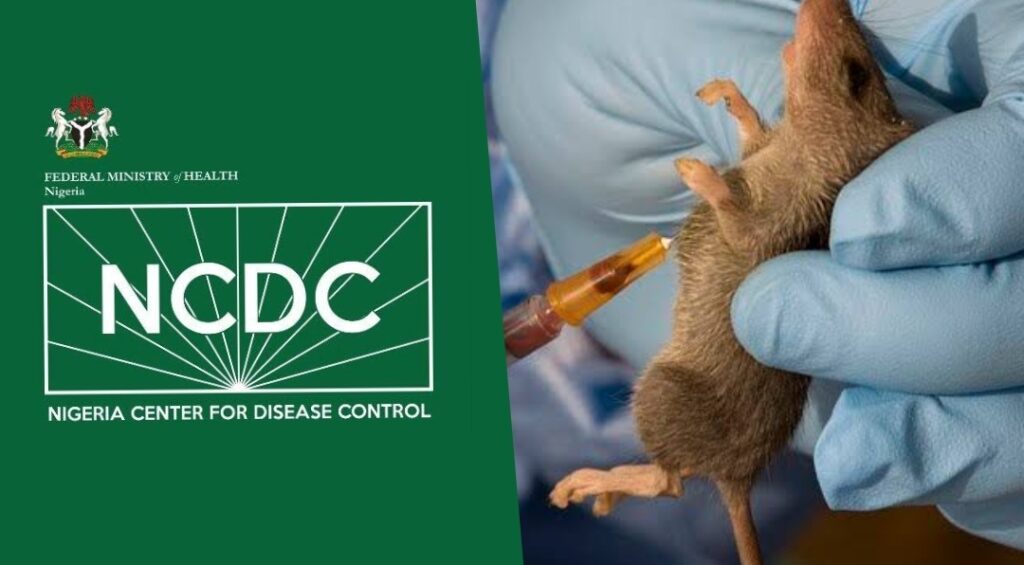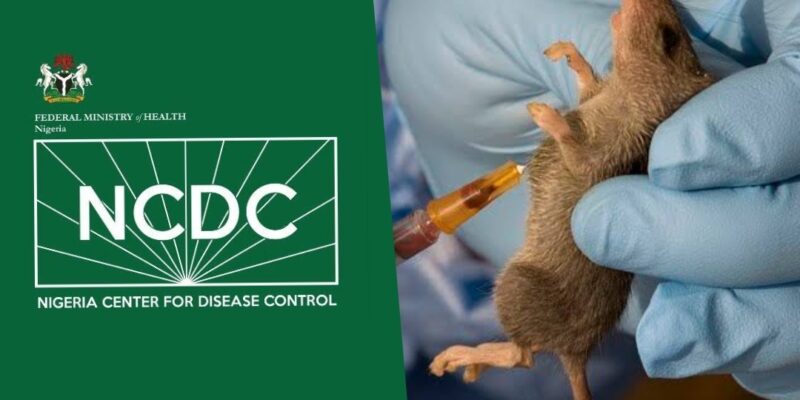
The Nigeria Centre for Disease Control and Prevention (NCDC) has raised concerns over a sharp rise in Lassa fever cases across the country, declaring the disease endemic and a growing public health threat. In 2024 alone, Nigeria has recorded 190 deaths from Lassa fever, with 9,492 suspected cases.
Dr. Jide Idris, the Director-General of NCDC, addressed the press in Abuja, highlighting the severity of the outbreak and the urgent need for increased response measures. According to Dr. Idris, six states—Ondo (29.7%), Edo (22.7%), Bauchi (17.9%), Taraba (8.8%), Benue (5.6%), and Ebonyi (4%)—account for 89% of the confirmed cases. Furthermore, 10 local government areas, including Owo, Etsako West, and Esan West, are responsible for nearly 59% of all confirmed cases.
The NCDC has noted a concerning spike in cases and fatalities over the past month, signaling a peak in the outbreak. The disease, which is transmitted primarily through rodents, is most prevalent during the dry season from October to May when human exposure to rodents is highest.
Dr. Idris emphasized that Lassa fever continues to pose a significant risk to public health across the country, with the case fatality rate remaining alarmingly high at over 13%. The surge in cases, especially in endemic areas, calls for targeted intervention in affected regions.
In response, the NCDC has activated an Emergency Operations Centre (EOC) to coordinate the control and management of Lassa fever across the country, adopting a “One Health” approach to ensure effective intervention. The agency has also classified the situation as a high-risk emergency, implementing response measures tailored to the affected states.
NCDC’s proactive efforts include enhanced surveillance, dynamic risk assessments, and increased awareness campaigns to mitigate the impact of the outbreak and prevent further loss of life. The agency is urging the public to remain vigilant and adhere to preventive measures to curb the spread of Lassa fever.

Comments